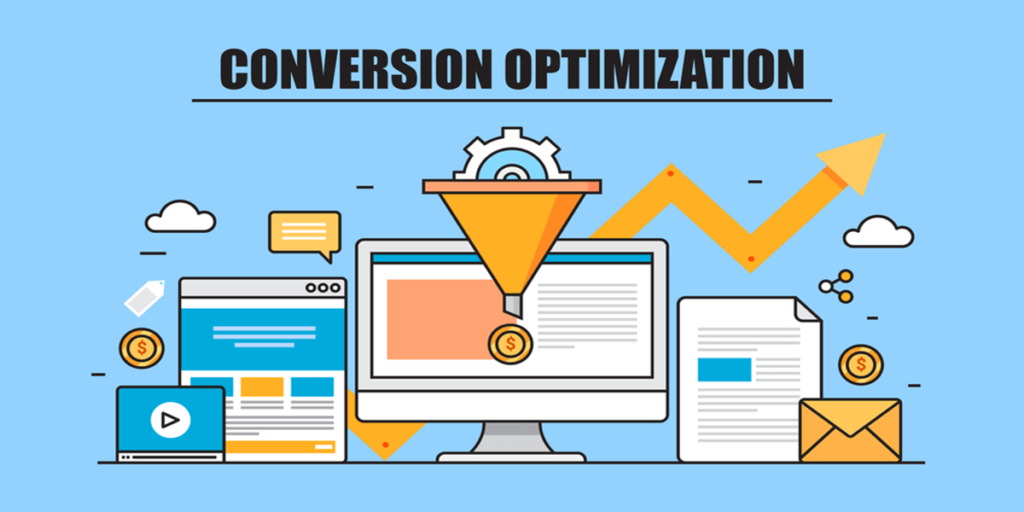Personal Branding is no longer a buzzword. It’s a powerful tool that can change your life, open new opportunities, and establish your authority in any industry. But with so much noise online, how do you stand out? What’s the one game-changing strategy that can elevate your Personal Brandings efforts and make people take notice?
In this blog, we’ll reveal that one strategy in full detail, explain why it works, and how you can implement it starting today. But before we dive in, let’s get a quick understanding of what Personal Brandings truly means.
What Is Personal Branding?
Personal Branding is the process of creating a strong and consistent image of yourself that shows who you are, what you stand for, and what you offer. It’s how people perceive you when they hear your name, see your posts, or visit your website. Whether you’re an entrepreneur, a student, or a professional, Personal Brandings is essential.
Think of it this way—your Personal Brandings is your reputation. And in the digital age, your reputation is your greatest asset.
Why Does Personal Branding Matter?
Here are a few reasons why Personal Brandings is so important:
-
It helps you stand out in a competitive world.
-
It builds trust with your audience or clients.
-
It positions you as an expert in your niche.
-
It creates opportunities for growth, income, and collaboration.
-
It gives you control over how people see you.
Now that we understand the importance of Personal Branding, let’s get to the main point of this blog: the one game-changing strategy you need to focus on.
The #1 Game-Changing Strategy: Share Your Story Authentically
Yes, the most powerful and often overlooked strategy in Personal Branding is sharing your authentic story.
That’s it. Not a fancy growth hack or a high-budget campaign. Just your real, honest, and relatable story.
Why Does Sharing Your Story Work?
Because people connect with stories, not stats.
When you share your personal journey—your failures, your lessons, your values—you create an emotional bond with your audience. That connection is the foundation of effective Personal Branding.
Here’s why this works:
-
Stories create trust and loyalty.
-
They make you memorable.
-
They attract people who share your values.
-
They position you as real and relatable.
And in a world full of filters and fake personas, being authentic is rare—and powerful.
How to Share Your Story for Personal Branding
Here’s a step-by-step guide to help you share your story effectively to build strong Personal Branding:
1. Identify Your Core Message
What do you want people to remember you for?
Your Personal Branding should revolve around a clear message. For example:
-
“I help new developers break into tech.”
-
“I share lessons from my startup journey.”
-
“I teach productivity skills to students.”
Your story should support this message consistently.
2. Be Honest and Vulnerable
Don’t just talk about success. Share the failures, struggles, and doubts too. Personal Branding is not about being perfect. It’s about being real.
Example:
“I failed my first coding bootcamp. I was ready to give up. But that failure taught me the discipline I needed to try again.”
This makes you human—and humans connect with other humans.
3. Use the Power of Content
Your story needs to be told often, in different formats:
-
Blog posts
-
YouTube videos
-
Podcasts
-
Tweets/LinkedIn posts
-
Instagram Reels
Choose a few platforms and start sharing regularly. That consistency is a key part of strong Personal Branding.
4. Create a Personal Website
Your website is your home online. It should reflect your Personal Branding clearly:
-
Your story (About Me section)
-
Your work (Portfolio/Case studies)
-
Your values
-
Your contact info
-
Your blog (where you tell your story and add value)
A personal website brings everything together in one place and makes you look professional.
5. Build a Personal Branding Style
Style is not just about looks—it’s about voice, tone, and attitude. Is your Personal Branding serious and motivational? Friendly and casual? Bold and rebellious?
Be consistent in your colors, fonts, language, and tone. Let people feel your brand instantly when they come across your content.
Examples of Strong Personal Branding Through Storytelling
1. Gary Vaynerchuk
Gary shares his story all the time: growing up in a family business, turning it around, and then building a media empire. His raw, no-BS storytelling is the heart of his Personal Branding.
2. Marie Forleo
She built her brand by telling stories about her early struggles, her dance background, and how she found purpose. That mix of creativity and honesty defines her Personal Branding.
3. Jay Shetty
From being a monk to becoming a content creator, Jay’s story is his entire brand. His storytelling style is calm, wise, and inspiring—exactly what his audience connects with.
Mistakes to Avoid in Personal Branding
While sharing your story is powerful, here are a few things to avoid:
-
Don’t fake it. People can sense inauthenticity.
-
Don’t overshare. You don’t have to expose everything. Just be real.
-
Don’t copy others. Learn from them, but your story is your strength.
-
Don’t be inconsistent. Your message and values should be clear across all platforms.
Remember, your Personal Branding grows over time. Be patient.
How to Make Your Story Even More Powerful
To make your Personal Branding story more impactful, focus on these tips:
Use Emotions
People remember how you made them feel, not just what you said. Let your story carry emotion—joy, sadness, excitement, fear, relief.
Teach Through Your Experience
Don’t just share what happened—share what you learned. This positions your Personal Branding as educational and helpful.
Show Transformation
Great stories show change. Where did you start, and where are you now? That journey is the essence of powerful Personal Branding.
Personal Branding Isn’t Built Overnight
Yes, this is a long game. You need to show up consistently. Tell your story again and again in different ways. Over time, your audience grows, your message spreads, and your authority builds.
And through it all, your Personal Branding gets stronger.
Final Thoughts
If you want to grow your career, your business, or your influence—start working on your Personal Branding. And the one game-changing strategy you need?



